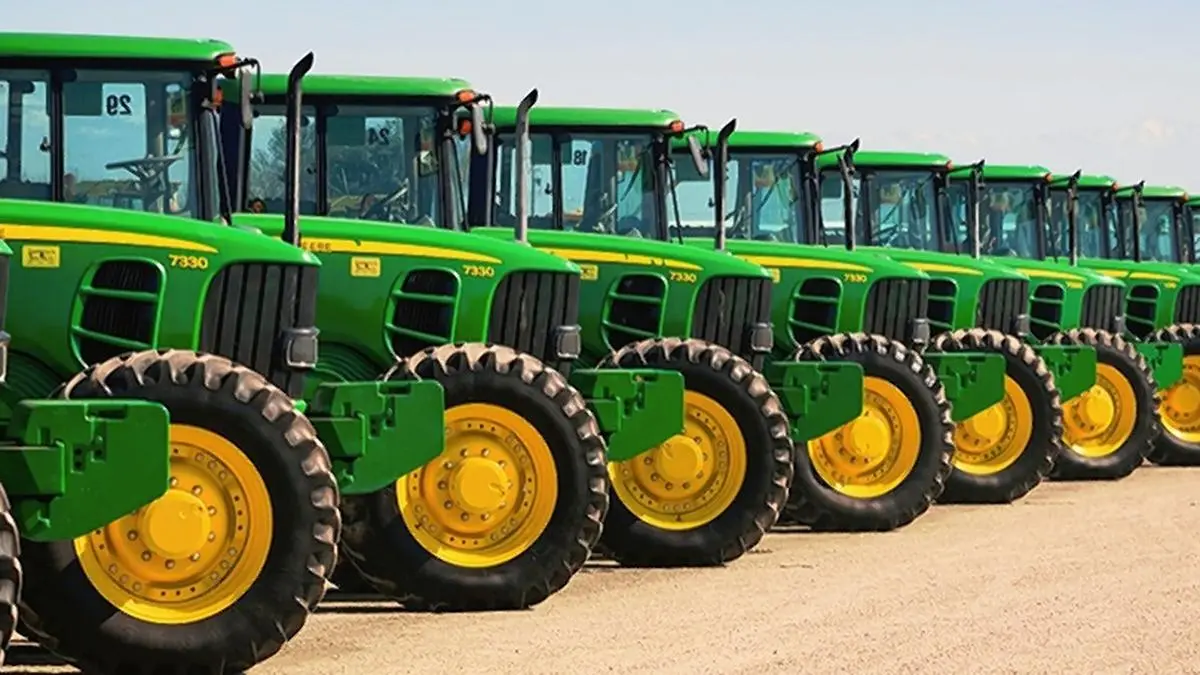From Field to Future: How South African Farmers are Leading an Agricultural Revolution
2025-08-23

The Hindu BusinessLine
South Africa's agricultural sector is undergoing a remarkable transformation, driven by innovative farming techniques, cutting-edge technology, and the cultivation of new, high-value crops. Inspired by the legacy of agricultural pioneers, a new generation of South African farmers are embracing change and pioneering sustainable practices, earning recognition and setting a new standard for food production. This article explores the key drivers of this agricultural renaissance and highlights the inspiring stories of farmers who are shaping the future of food security in South Africa.
The Seeds of Change: Technology and Innovation
The traditional image of a South African farmer – weathered hands, a trusty tractor, and vast fields of maize – is evolving. While these elements remain important, the modern farmer is increasingly reliant on technology to optimize yields, reduce costs, and minimize environmental impact. Precision agriculture, utilizing GPS technology, drone imagery, and data analytics, is becoming commonplace. Farmers can now monitor soil conditions, identify areas needing irrigation or fertilization, and apply resources with unparalleled accuracy. This targeted approach not only increases efficiency but also reduces waste and protects the environment.
Furthermore, advancements in irrigation technology, such as drip irrigation and micro-sprinklers, are allowing farmers to conserve precious water resources in a region often facing water scarcity. Vertical farming and hydroponics, while still in their early stages of adoption, are also gaining traction, offering the potential to produce food in urban areas and reduce reliance on traditional farmland.
Beyond Maize: Cultivating New Opportunities
Historically, South African agriculture has been heavily reliant on maize and other staple crops. However, a shift towards cultivating high-value crops like avocados, macadamia nuts, blueberries, and citrus fruits is underway. These crops command higher prices in both domestic and international markets, offering farmers increased profitability and diversifying the agricultural landscape. This diversification is crucial for resilience against climate change and market fluctuations.
The cultivation of these new crops also requires specialized knowledge and skills, leading to increased investment in agricultural training and research. Universities and agricultural research institutions are playing a vital role in developing new varieties of these crops that are adapted to South African conditions and resistant to pests and diseases.
The Human Element: Celebrating South Africa's Agri-Heroes
At the heart of this agricultural renaissance are the farmers themselves – the innovators, the risk-takers, and the stewards of the land. Like the esteemed Dr MS Swaminathan, these individuals are driven by a commitment to sustainable agriculture, food security, and the well-being of their communities. Recognition programs, such as those honoring farmers with prestigious awards, are essential for celebrating their achievements and inspiring others to follow in their footsteps. These awards not only acknowledge individual success but also highlight the importance of agriculture to the South African economy and society.
Looking Ahead: A Sustainable Future for South African Agriculture
The future of South African agriculture is bright, but challenges remain. Climate change, water scarcity, and access to finance are all significant hurdles that need to be addressed. However, with continued investment in technology, research, and education, and a commitment to sustainable practices, South Africa can solidify its position as a leading agricultural producer and ensure food security for generations to come. The agricultural renaissance is not just about producing more food; it’s about producing it in a way that is environmentally responsible, economically viable, and socially just.





